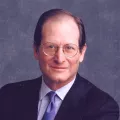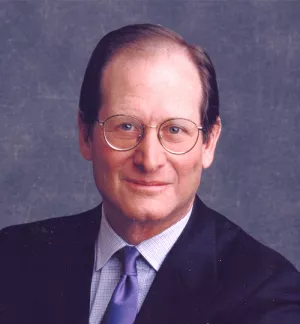The big casino of unlimited and hidden election expenditures by corporations and unions will be open for business in this fall's pivotal Congressional elections due to the Senate's failure on Tuesday to shut off a GOP-led filibuster on financial disclosure legislation.
Two weeks ago, I wrote in this space that, with both House and Senate in play, corporations and unions could make two kinds of hidden expenditures through trade associations and other tax-exempt organizations.
1) Direct expenditures which expressly advocate the election, or defeat, of a particular candidate. Such outlays were forbidden by federal election law that was voided by the Supreme Court on First Amendment grounds in the Citizens United decision this January.
2) Issue advocacy expenditures (not candidate advocacy) through "soft money" organizations which are subject to weak or nonexistent disclosure requirements. After Citizens United, they can be funded with unlimited and undisclosed payments from corporations and unions.
In Tuesday's vote, Senate Democrats failed to muster a single Republican cloture supporter for the most potent of three current initiatives to address hidden expenditures -- the campaign finance legislation that had passed the House. (The other two initiatives are voluntary disclosure of payments by corporations and passage of shareholder resolutions seeking enhanced corporate reports on campaign activities.)
The vote was 57-43, with Senator Joe Lieberman absent at a funeral and Majority Leader Harry Reid voting against cloture so that he can at some future date seek a re-vote. But Capitol Hill observers say the campaign disclosure measure is likely dead for this year.
Among other things, the legislation required associations and other tax-exempt organizations to report all donors who have given more than $1,000 in a 12-month period -- thus flushing out corporations and unions who, at present, can hide behind trade groups or new election organizations with anodyne names. It also would have required the heads of organizations sponsoring ads to appear in person to attest that they "approve this message." And the ad would also have had to name the top five donors, with head of the top donor also having to appear to recite the catechism "I approve this message."
The bill was sponsored by the heads of the House and Senate Democratic campaign committees, Rep. Chris Van Hollen and Sen.Charles Schumer, and ran through both the House and the Senate at double-time speed. With such partisan lineage, and with a strong interest in unlimited and hidden corporate expenditures in the fall's pivotal elections, the Republicans balked.
The usual moderate suspects, Sens. Susan Collins and Olympia Snowe, will have to switch positions if the bill is to move this year. But Sen. Snowe was quoted as decrying "ram and jam" tactics and saying, ".... we've had no hearings, no vetting, no attempt to bring people together to work on an issue that responds to the Supreme Court's decision." For that good government reason, and for many other self-serving ones, no Republicans appear likely to switch to the cloture side of the ledger this year.
Many commentators, including this one, have written that the Supreme Court's Citizens United decision could have an out-sized and deleterious impact on our already broken political culture.
With the defeat of the campaign disclosure bill in the Senate, we are now about to find out.
Let the revels begin.
Heineman, Ben. “Let the Revels Begin.” The Atlantic, July 28, 2010



